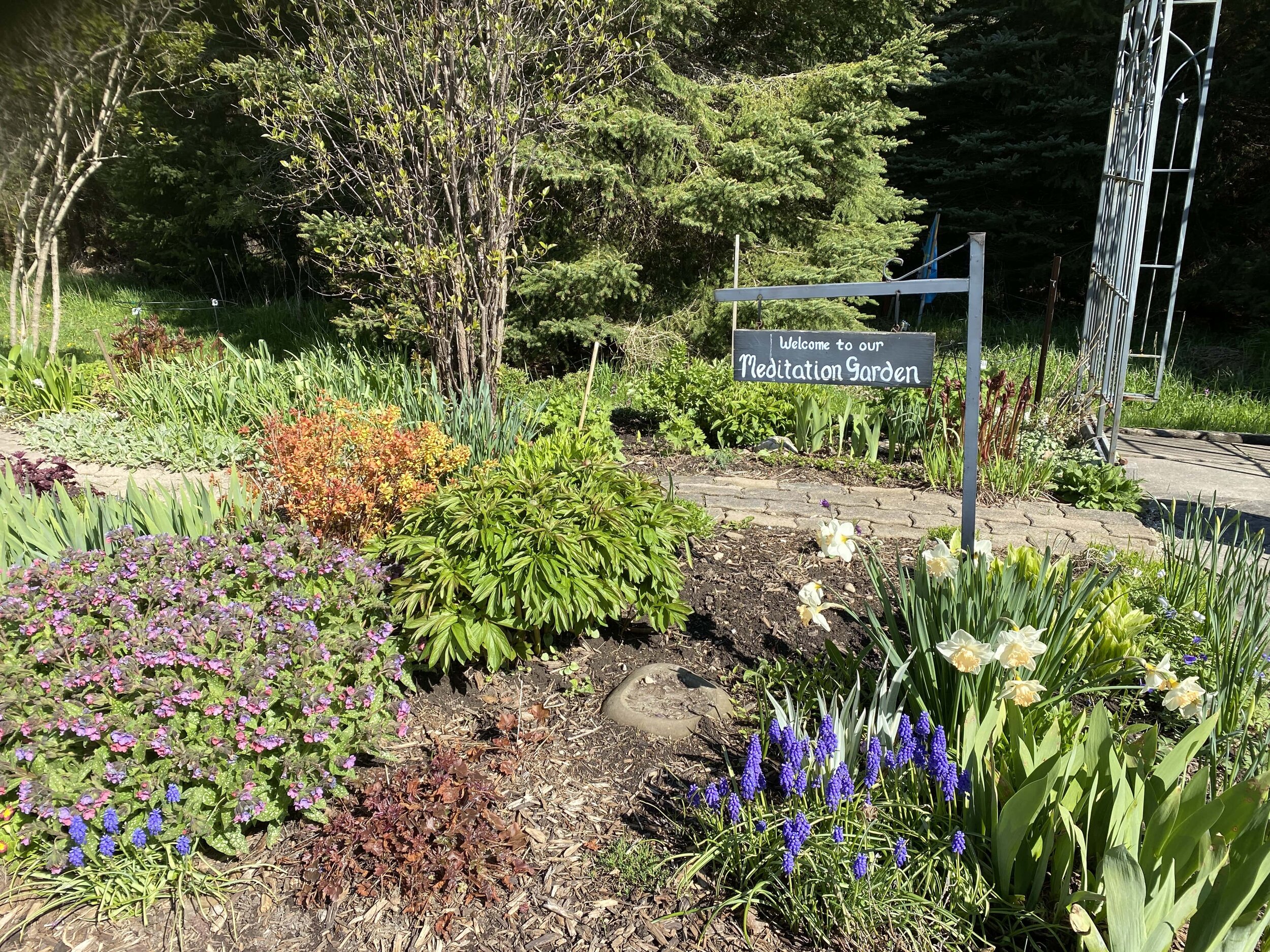Trinity Sunday
This Sunday is often celebrated as “Trinity Sunday,” an opportunity to intentionally reflect on one of Christianity’s most important ideas. The idea of the Trinity casts a vision of God as deeply, irreducibly relational. If we take Genesis 1 seriously, with its declaration that human beings are created in the imago Dei, then in our own way, we must be fundamentally relational, too, constituted by our relationships with God and one another.
This is an important message as the world begins to emerge from the pandemic, and we mark this week the one-year anniversary of George Floyd’s murder. The doctrine of the Trinity insists that God is “up there, down here, and everywhere” amidst the crises and challenges of our lives, even in the shadows of grief and violence, calling all of us toward justice and love.
And at the same time, the doctrine reminds us all that relationships — even and especially relationships across differences — aren’t just something we “do.” Relationships are who we ARE. If our relationships — person-to-person, and also neighbourhood to neighbourhood, group-to-group — are healthy, then we’re healthy. If they’re not, then we’re not, and require healing and restoration.
Service
Church on Zoom
Trinity Sunday
Join us this Sunday when Rev. Dr. Paul Scott Wilson will be speaking to us about trusting God.
Guest Minister: Rev. Paul Scott
9:50AM — Greet & chat
10:00AM — Service begins
Contemporary
Diana Butler Bass, Ph.D., is an award-winning author, popular speaker, inspiring preacher, and one of America’s most trusted commentators on religion and contemporary spirituality. In this PBS interview, Butler explains how our religious experience is evolving.
“People want to be their own theologians. People don’t just want to receive truth from an institution. They want to participate with a tradition and make a truth that is meaningful for their own lives.”





